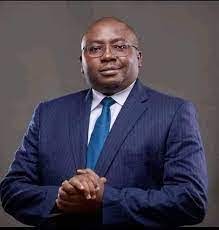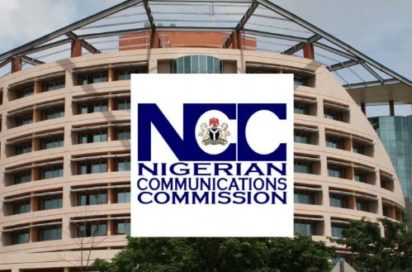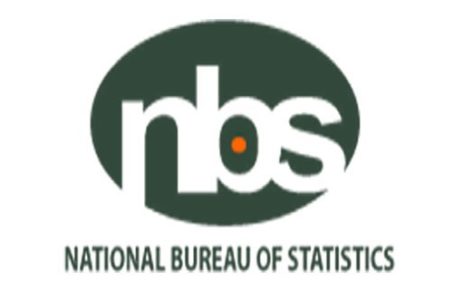The Federal Government has hinted of its plans to unbundle the Transmission Company of Nigeria (TCN) as part of its sustained reform efforts in the power sector to boost electricity supply nationwide.
The disclosure, which was made a day after the collapse of the power grid for the second time this year, indicated that the transition company would be unbundled into two entities.
According to the government the company, which is responsible for managing the national power grid as well as delivering bulk electricity to distribution companies and eligible customers, remains the weakest segment in the Nigerian Electricity Supply Industry (NESI).
Speaking on the proposed unbundling of the TCN during the opening session of a Ministerial Retreat organized by the Federal Ministry of Power, the Minister of Power, Adebayo Adelabu, said TCN would be restructured to become the Independent System Operator, ISO and the Transmission Service Provider, TSP.
The minister explained that the restructuring must synchronize with the evolving landscape of State Electricity Markets, addressing calls for the decentralization of the national grid into regional grids interconnected by a new higher voltage national or super-grid.
He lamented that the goals of the reforms introduced by the government to improve power supply had largely remained unattainable and urged stakeholders and operators in the power sector on the need of renewing their efforts to ensure that these were achieved.
Adelabu expatiated: “One of the main objectives of the Nigerian electricity sector reform programme initiated over 23 years ago is to make electricity available to consumers across the country with efficiency and consistency, which in turn lead to general reliability and affordability. Even as electricity consumption per capita was at 140 KWh in 2021, relatively low in comparison to neighbouring countries and almost three times lower than the average for Sub-Saharan Africa, Nigeria is a case study in a deep electricity paradox.
“Nigeria has grown to become the host of probably the world’s largest fleet of diesel- and petrol-powered generation capacity that is utilized for base load supply. Various figures have been mentioned but it is safe to say that this fleet measures no less than 40,000MW of total capacity. At an average operating cost of no less than N250/kWh as opposed to an average economic tariff today of approximately N120/kWh (weighted between petrol and diesel generation), the daily cost of this extreme inefficiency in electricity supply in Nigeria, is measurable in tens of billions of Naira daily.
“This is hard-earned money that would better be deployed to savings, discretionary consumer spending and tax revenue for governments instead of being literally burnt and going up in diesel and petrol emissions that harm our environment and contribute to incessant noise pollution in many of Nigeria’s cities”, the minister stressed.
In his presentation at the forum, the Chairman of Nigerian Electricity Regulatory Commission (NERC), Engr. Sanusi Garba, maintained that without a cost reflective tariff, the government would have to pay about N1.6 trillion to subsidize electricity tariff shortfall in 2024.
The industry expert explained that the surging inflation rate and the Federal Government decision to unify the foreign exchange market had pushed cost reflective tariff to N124/kWh from the subsidized N73/kWh charged to Band-A customers.
He estimated that this year alone, subsidy on fuel was expected to be over N600 billion.




